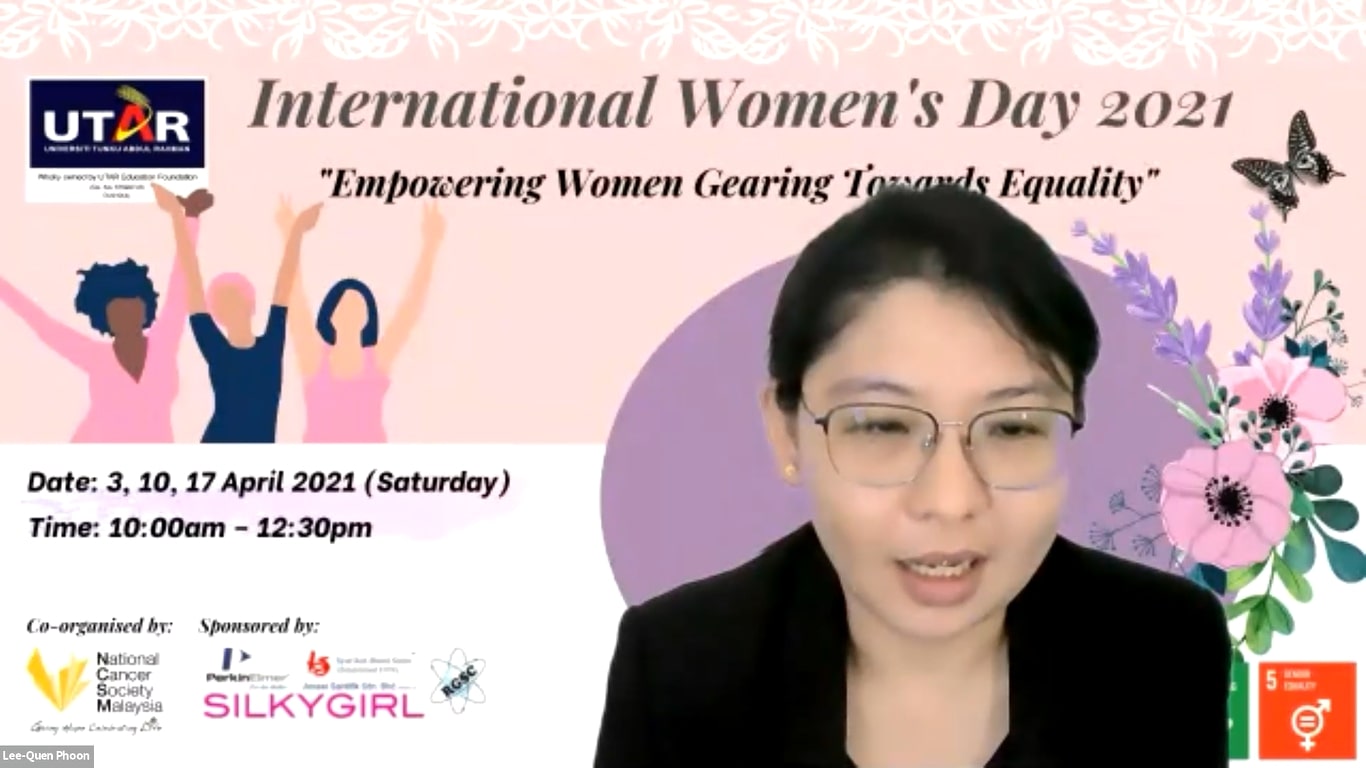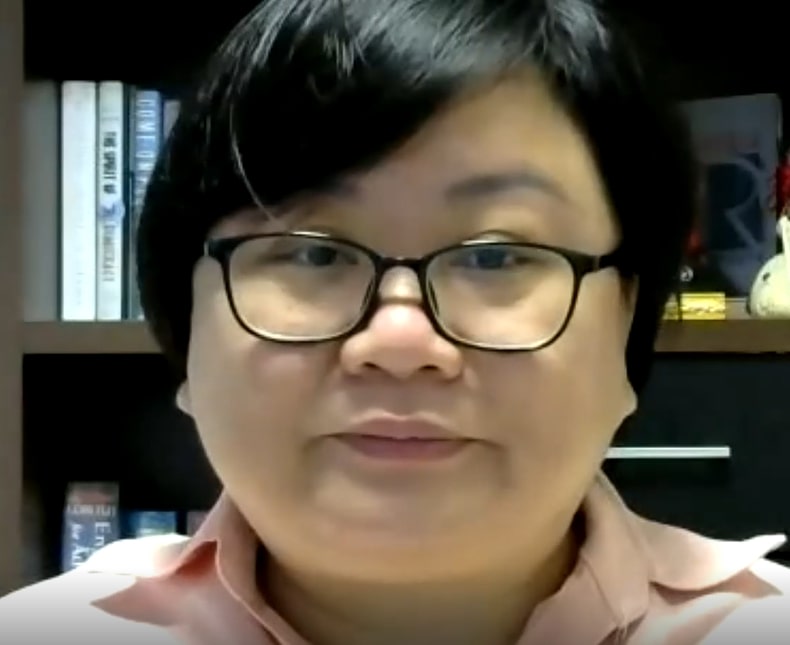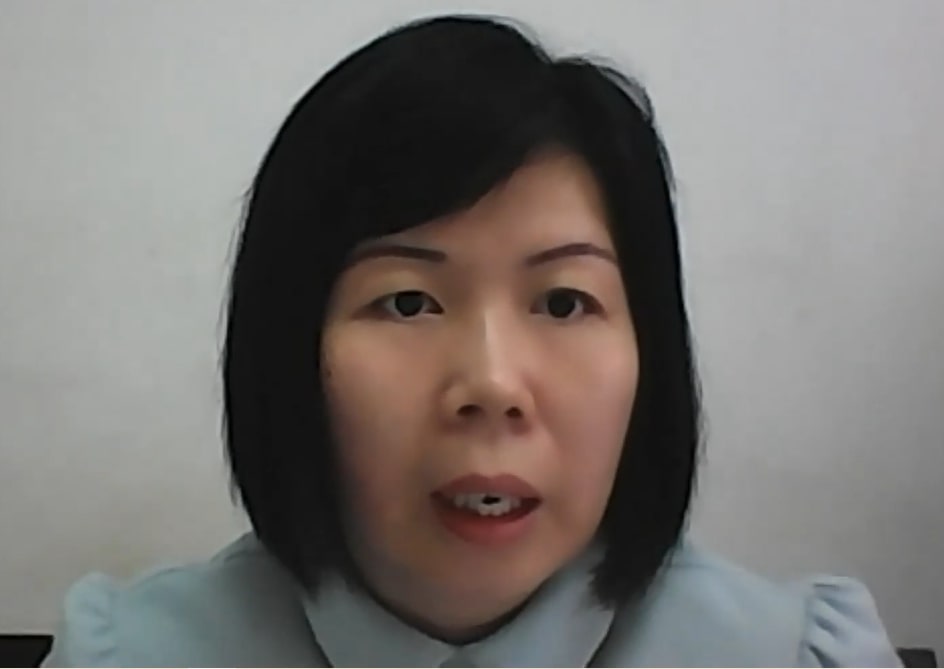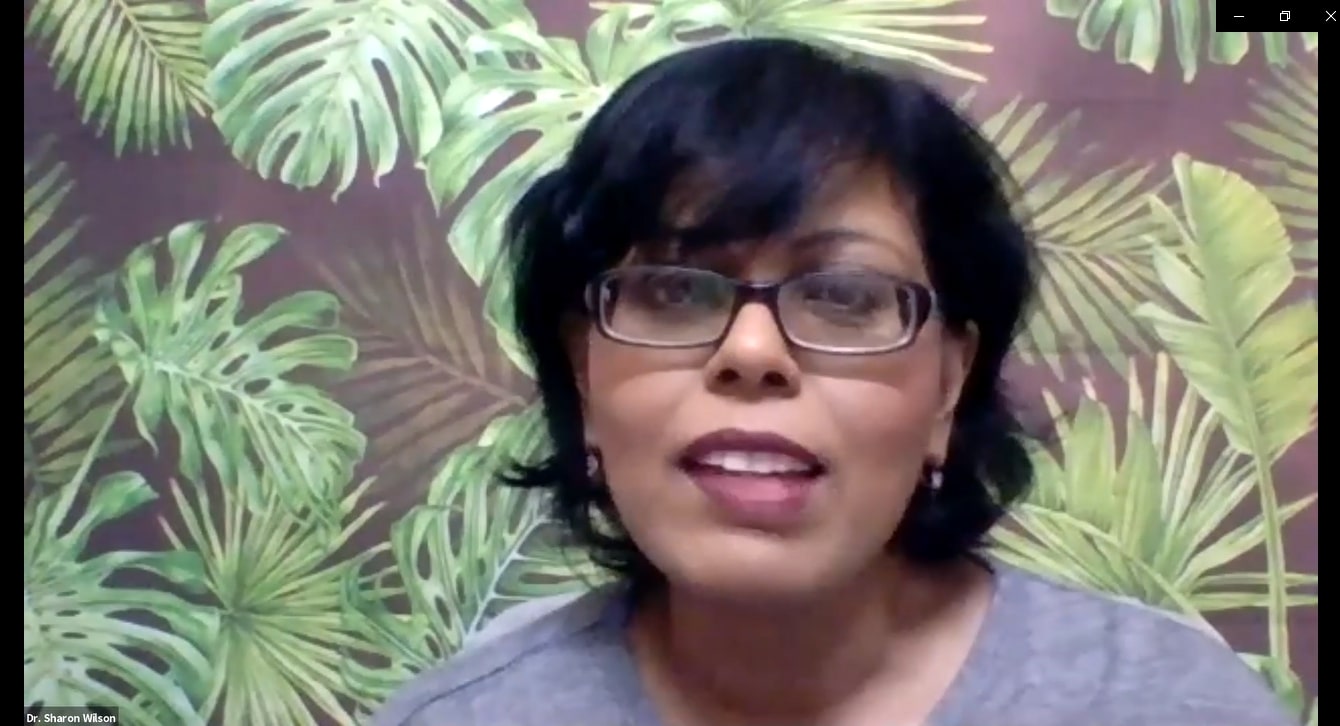
Women empowerment in career and workplace
In conjunction with the UTAR International Women’s Day 2021, a webinar series, themed ‘Empowering Women, Gearing towards Equality’ was jointly organised by UTAR and National Cancer Society Malaysia on 17 April 2021 via Zoom. The webinar was moderated by UTAR Faculty of Arts and Social Science (FAS) lecturer Diong Fong Wei.
The online event aimed to recognise women’s contribution to society and promote awareness on gender equality, which is also one of the Sustainable Development Goals outlined by the United Nations. Session three which was also the last session of the series, saw invited speakers from UTAR Faculty of Engineering and Green Technology (FEGT) Assoc Prof ChM Ts Dr Lam Sze Mun and Faculty of Creative Industries Dr Sharon Jacqueline Albert Wilson sharing on “Opportunities For Women in Environmental Catalysis” and “Women In A Women’s World: The Challenges to Reclaiming What is Rightfully Yours” respectively.
The session kick-started with an opening speech by Organising Chairperson Dr Phoon Lee Quen. She said, “In this 21st century, the number of women graduating from universities and higher degree is increasing. Many females have become national leaders, successful entrepreneurs, researchers and professionals not only in Malaysia but also across the world. However, women scientists are grossly underrepresented in science, technology, engineering and mathematics. We hope this talk will motivate young female students to invest in their careers and ultimately help with the social development of Malaysia.”

Dr Phoon during the opening speech
Diong added, “We also hope that we will be able to expose UTAR community and the public to the role of women in society through the talks delivered by various prominent speakers from different fields, as well as emphasising women empowerment and gender equality practices. We also wish to promote women’s health awareness, family and work-life balancing activities.”

Diong as the moderator of the webinar
Sharing her experience in the academia, Dr Lam advised female researchers to avoid being a perfectionist in research writing. “According to The Confidence Code in 2014, perfection is the ‘enemy of the good’, leading to hours wasted. Striving to be perfect actually keeps us from getting much done. So, I would like to advise you, while doing your research paper, do not edit exhaustively everything you think or write. If you do, you may never finish it,” said Dr Lam.
She added, “Female researchers should be confident to put forward their grant applications during their early career. Starting with a small grant, female researchers should have some funding to engage in some research works. Thus, publication is the key to career progression in academia. I always encourage female researchers to publish or be the first author in paper publication.”
Throughout her talk, Dr Lam shared her research which focused on the photocatalysis method. According to her, the photocatalysis method refers to the process of harvesting solar energy to form chemical energy.
Speaking of why she chose to focus on Photocatalysis research, Dr Lam enthused, “The wastewater pollution, hazardous of pollutants, complication of traditional treatments, stringent water quality control standard, as well as abundant sunlight, inspired me to do this research.”
“In 2015, my research works were mainly centred on various morphology catalysts, for instance, ZnO, BiOBr and others in antibacterial and antifungal application. However, from 2018 onwards, I began focusing on Photocatalytic fuel cell as well as energy recovery,” said Dr Lam.
To encourage female scientists’ involvement in environmental catalysis, Dr Lam told the participants that the postgraduate students of her environmental catalysis group consist of 60% female students. She said, “Both women and men have a role to play. Let’s support more gender-balanced representation in science and technology.”

Dr Lam sharing her research studies on photocatalysis
On the other hand, Dr Sharon enthused, “Today, the movement to improve the positions of women so that they are given the same rights as men at national and international level is supported by the United Nations in the Sustainable Development Goals under Gender Equality, the Beijing Action plan 1995 as well as Convention in the Elimination of all Discriminations Against Women (CEDAW). When examining basic gender differences in leadership, willingness of collaboratives, nurturant and emotional intelligence are now far more important consideration than power and control. In the increasingly important field of emotional intelligence, research has shown that women scored higher than men in their tests.”
According to her, the biases among Malaysian women originated from the universal legacy of circular patriarchy. The women in Malaysia are still severely underrepresented. According to a research study, if a man and a woman are competing for a management position, even though both have the same qualifications, experience and skillsets, the man would still be chosen to be promoted to a higher corporate position.
The inequality and discrimination do not only take place between men and women, but also between women and women. There is evidence that women want recognition for their own talents, abilities and knowledge but not for being representative of the interests of other women.
Dr Sharon explained, “The discrimination between women and women is known as ‘the queen bee syndrome’. This term is often used to describe the attitude of executive women who are unhelpful to other females partly because of the desire to remain unique in an organisation. The syndrome is most prevalent where access to opportunity is limited, it is indicating a response driven by fear of competition.”
Participants also learnt that some of the women bosses were significantly more discriminatory towards other female employees than men. Research describes their behaviour as women’s prejudice against other females in the workplace. Some successful women are found to be more combative, defensive and rude than their male counterpart.
“Women should help empower other women. We should understand that the term ‘empowering women’ is not just empowering women with skills, training or education but it also involves a female leader who has been empowered with these elements, valuables or factors,” advised Dr Sharon.
The webinar ended with an interactive question and answering session between the speakers and the participants. A virtual group photograph was also captured at the end of the session as a remembrance for all.

Dr Sharon advising female leaders to empower other women
![]()
![]()
© 2021 UNIVERSITI TUNKU ABDUL RAHMAN DU012(A).
Wholly owned by UTAR Education Foundation (200201010564(578227-M)) LEGAL STATEMENT TERM OF USAGE PRIVACY NOTICE